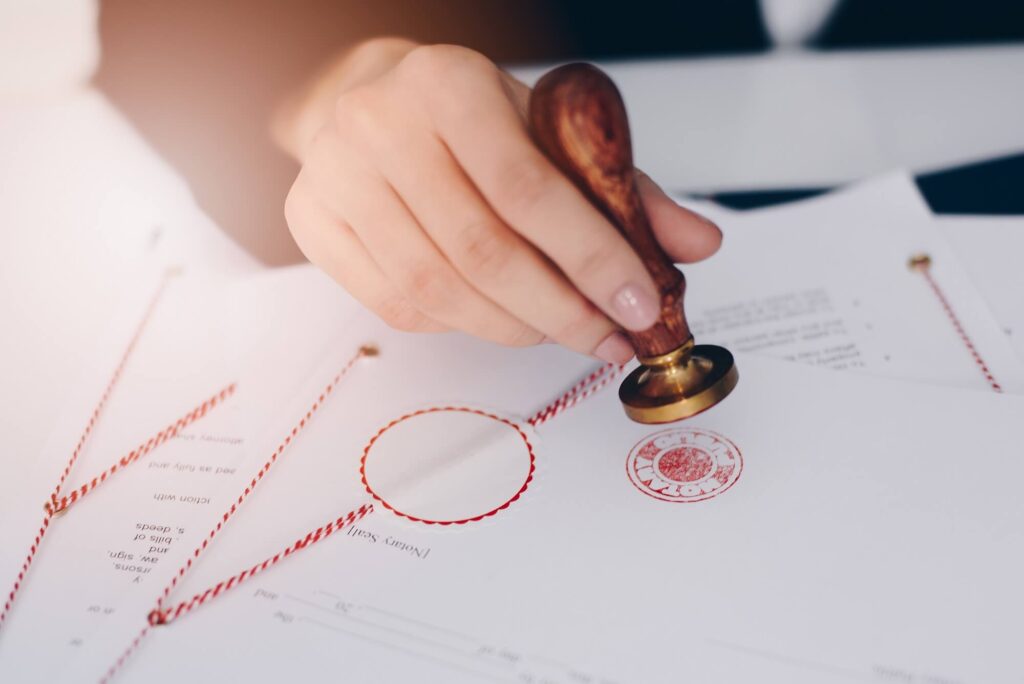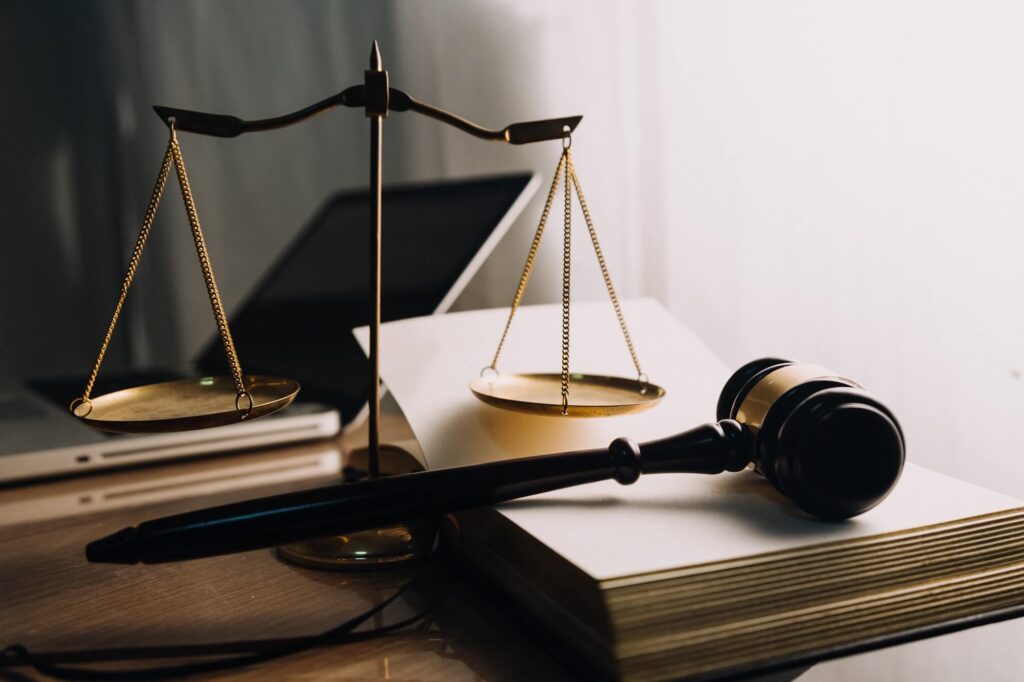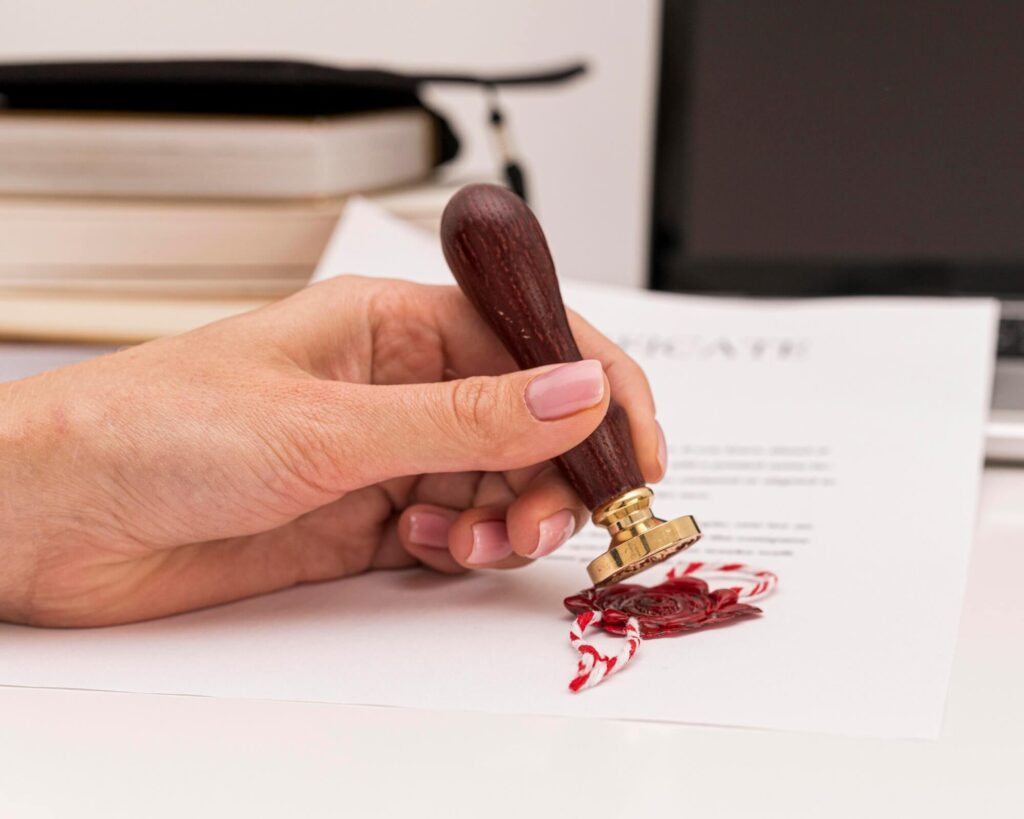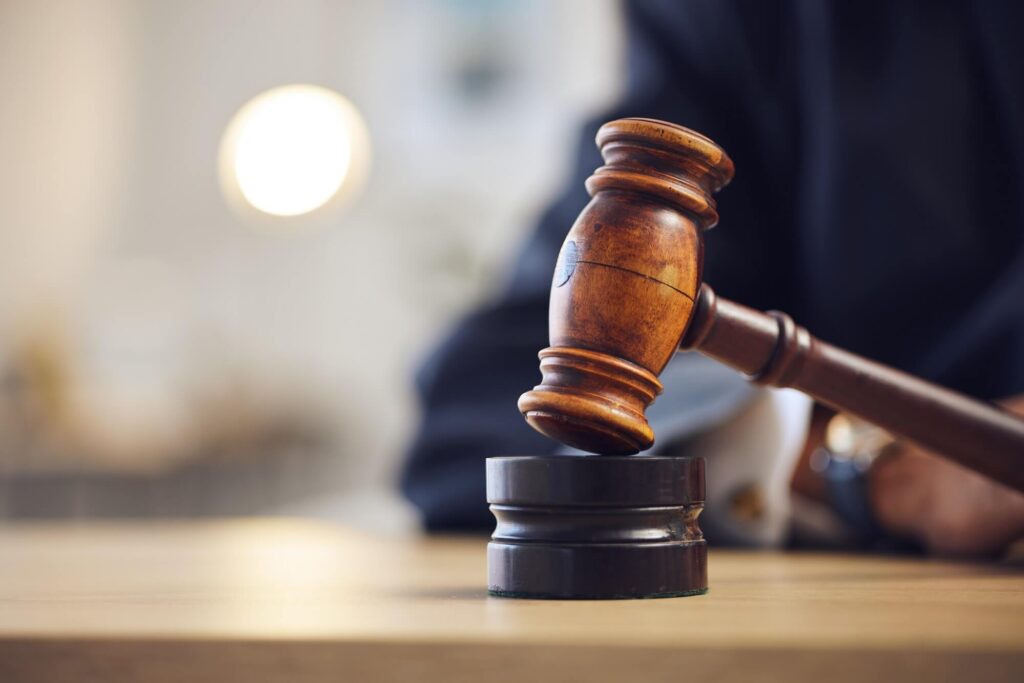Apostille and superlegalisation
Do you need to submit your birth certificate, criminal record extract, university diploma or other public document to a foreign authority? In some cases, a certified translation may not be sufficient, and an apostille or superlegalisation may be required. What do these terms mean, and how can you obtain such documents?


What is an apostille?
An apostille is a certification that verifies the authenticity of a public document. This verification is issued for use in countries that are signatories to the Convention Abolishing the Requirement of Legalisation for Foreign Public Documents (the Apostille Convention). If the Czech Republic does not have a bilateral agreement with the given country to waive document authenticity verification, you will need an apostille.
When is an apostille needed?
An apostille is required when you need to submit official documents in countries that are signatories to the Apostille Convention. This includes documents like birth certificates, university diplomas, commercial register excerpts and other official documents. You can find a list of countries where an apostille suffices as verification of authenticity here.


How to obtain an apostille
There are several steps to obtaining an apostille:
- Confirm whether you need an apostille– Check with the relevant authority in the destination country if your document requires an apostille.
- Ensure the document is in the correct form– For example, a birth certificate may need prior verification from a regional authority.
- Select the correct authority– In the Czech Republic, apostilles are issued by the:
- Ministry of Foreign Affairs– for registry documents, education certificates, criminal record extracts, etc.
- Ministry of Justice– for court documents and documents issued by bailiffs.
- Czech Chamber of Notaries– for notarised documents.
- Apply for an apostille– You can request an apostille in person or send the documents by mail to the relevant authority, along with the necessary tax stamps.
- Certified translation– If required, arrange a certified translation of the document.

What is superlegalisation?
Superlegalisation is a more complex process for verifying the authenticity of a document. It is used if the destination country is not a signatory of the Apostille Convention and does not have an agreement with the Czech Republic to waive document authenticity verification.
When is superlegalisation needed
Superlegalisation is required for countries that demand more thorough verification of document authenticity. This process is used, for example, when submitting documents in countries that are not signatories to the Apostille Convention.


How to obtain superlegalisation
- Confirm whether you need superlegalisation– Contact the relevant authority in the destination country to check if your document requires superlegalisation.
- Higher document verification– Have the document verified by the authority that issued it.
- Legalisation at the Ministry of Foreign Affairs– Next, have the document legalised at the Ministry of Foreign Affairs of the Czech Republic.
- Certified translation– If needed, have the document translated into the official language of the destination country at this stage.
- Superlegalisation at a consulate– The final step takes place at the consulate of the country for which the document is intended.
When the document is translated
For example, if you need to translate a birth certificate for use abroad:
- Verification (apostille or superlegalisation):First, obtain an apostille or superlegalisation on the original document.
- Translation:Once the document has been verified, it can be translated, including all the necessary certifications.
When it is necessary to legalise a translation
In some cases, a foreign consulate may require legalisation of a certified translation during the superlegalisation process. Before submitting the document to the consulate, you must first have the translator’s signature notarised, then verified by the Ministry of Justice of the Czech Republic, and finally by the Ministry of Foreign Affairs of the Czech Republic.